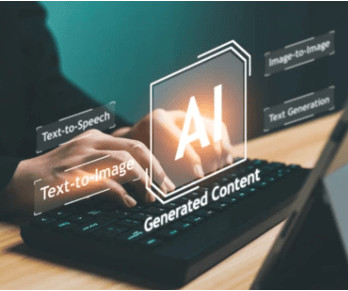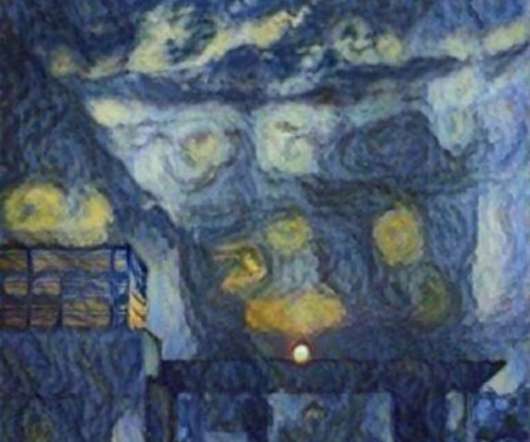On repatriation: Questions of copyright ownership and management of repatriated cultural heritage materials
The IPKat
NOVEMBER 20, 2022
Oriakhogba’s work is a timely reflection on approaches to navigate the complex terrain of using copyright laws to address issues of ownership, control and management inherent in or arising from repatriated (and/or "should-be-repatriated") cultural heritage materials. Artistic works?)












Let's personalize your content